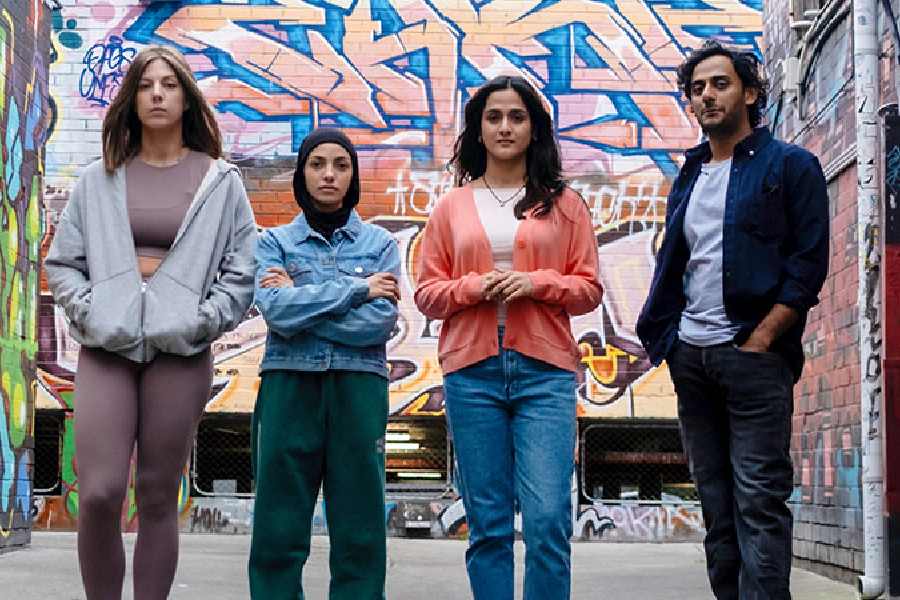In My Melbourne, four Indian filmmakers — Onir, Imtiaz Ali, Rima Das and Kabir Khan — come together to weave an anthology on identity and belonging. With each segment delving into themes of sexuality, gender roles, disability and racism, the film set in Melbourne, Australia, is a heartfelt, though a bit uneven, celebration of multiculturalism.
Anthology films are a tricky balancing act to pull off. The four shorts in My Melbourne — Nandini, Emma, Jules, and Setara — bear the distinctive styles of their respective directors, but put together you don’t quite get the sense of a seamless flow.
What the film does successfully, though, is capture the city of Melbourne as an integral part of the characters whose lives it peers into. Melbourne becomes a silent yet powerful presence in each story, whether it’s the Yarra river in Nandini, the bustling lanes in Jules, or the cricket fields in Setara. The cinematography adapts to the mood of each segment — Onir’s muted tones enhance the emotional distance between his characters, while Rima Das uses natural light to reflect Emma’s world.
My Melbourne opens with Onir’s Nandini, the story of Indraneel (Arka Das), a gay Indian man whose estranged father, Mihir (Mouly Ganguly), visits him in Australia for the first time after his mother’s death. Their reunion is fraught with tension, as years of distance have created an emotional chasm between them. Mihir’s visit is primarily to perform his wife’s asthi visarjan, and Indraneel has little hope for any heartfelt reconciliation.
Onir relies more on dialogue than visual storytelling to flesh out the characters in Nandini. And the performances feel somewhat rigid at times, though they convey enough emotion to keep the drama compelling.
Imtiaz Ali’s Jules stands out as one of the most layered and thought-provoking of the four. The story follows Sakshi (Arushi Sharma), an Indian immigrant working as a chef in a Melbourne restaurant, whose life is tightly controlled by her husband, from her time outside home to her financial expenses.
On her way to work, Sakshi comes across Jules (Kat Stewart), a homeless Australian woman, whose free-spirited nature inspires her to break free from her own suffocating existence. Though initially dismissive of her, Sakshi gradually forms a bond with Jules, drawing strength and self-confidence from their connection. Imtiaz weaves explores the challenges of a person of colour settling in a foreign country while also challenging one’s biases about less privileged people.
Rima Das’s Emma tells the story of a deaf woman called Emma (Ryanna Skye Lawson) with Usher Syndrome, whose dreams of becoming a dancer are repeatedly met with discrimination from the people in this field. Though her family and friends support her, societal attitudes prove to be the real barrier.
The plotline shifts between two timelines — Emma as a happy child learning ballet, and as an adult struggling with worsening symptoms that make dancing more challenging. When she meets Nathan (Nathan Borg), a successful deaf dancer, she begins to rediscover the confidence she once had.
Kabir Khan’s Setara tells the true story of 15-year-old Afghan girl Setara Amiri, who, after fleeing the Taliban regime with her mother and sister, embraces life in Australia. When a chance to join a local girls’ cricket team drops in her lap, Setara has to choose between fulfilling others’ expectations as a ‘model minority’ student and pursuing her passion for the sport.
Setara Amiri, playing herself, brings infectious energy to the film that blends an underdog sports story with the success story of a refugee. A memorable moment arrives in the final act when a wardrobe mishap prompts an unexpected, powerful response from Setara’s White teammates.










